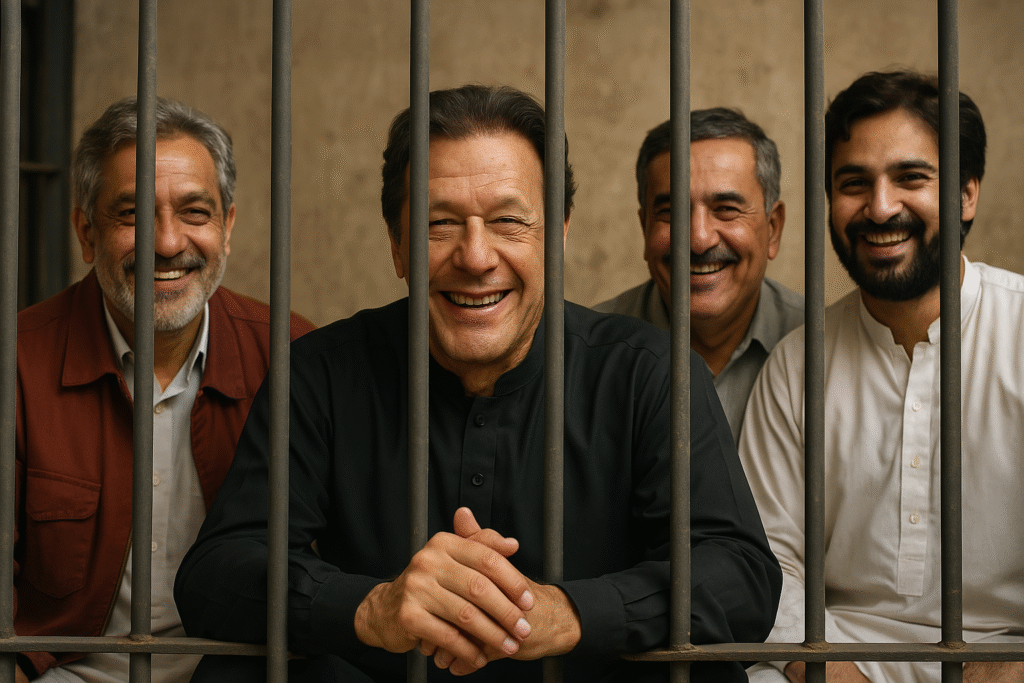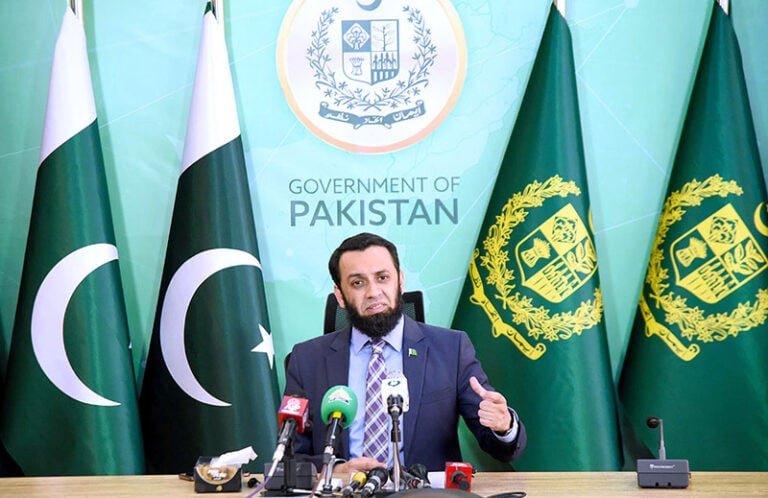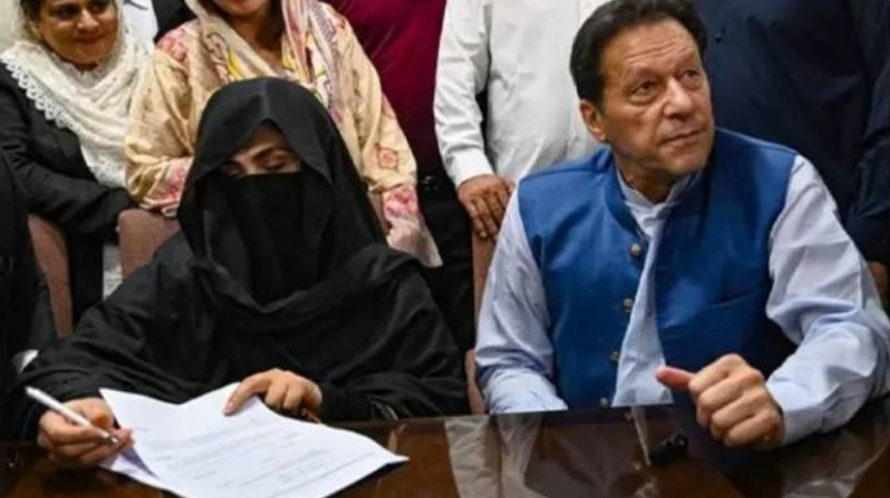Imran Khan’s Adiyala Jail Conversation: A Call for Justice and Political Mobilisation
Former Prime Minister Imran Khan, currently imprisoned in Adiyala Jail, has announced nationwide protests and, furthermore, spoken out against what he describes as a blatant violation of human rights, judicial interference, and political suppression. Moreover, his statements reflect growing concerns over Pakistan’s legal system, the 26th Constitutional Amendment, and, in addition, the suppression of political dissent.
The 26th Constitutional Amendment: A Threat to Judicial Independence
Khan categorically rejected the 26th Constitutional Amendment, arguing that it undermines judicial independence. According to Article 175(3) of Pakistan’s Constitution, the judiciary is meant to remain separate from executive control, yet recent legal changes suggest otherwise.
Key Implications of the Amendment
- The judiciary has allegedly surrendered to executive influence.
- Military courts have been granted powers that contradict constitutional principles.
- Authorities are redirecting reserved seats won by Pakistan Tehreek-e-Insaf (PTI) to other political parties.
These concerns highlight growing fears over election rigging and political suppression.
Human Rights Violations and Unjust Imprisonment
Khan’s conversation underscored severe human rights violations, particularly against women and political workers.
Cases of Unjust Treatment
- Bushra Bibi, Khan’s wife, has spent 14 months in solitary confinement without proof of crime.
- Authorities have imprisoned Dr. Yasmin Rashid, a cancer survivor, based on fabricated charges.
- Officials have ignored judicial orders permitting visits from Khan’s family members.
The government prioritises political oppression over constitutional rights, creating a law-of-the-jungle environment.
Call for Nationwide Protests
Faced with political suppression, Khan urged his supporters to prepare for peaceful demonstrations. Khan asserts that when all doors of justice close, protest becomes the only option.
Strategic Protest Goals
- Demand judicial transparency and fair trials.
- Oppose the unconstitutional implementation of the 26th Amendment.
- Highlight violations of basic human rights, including freedom of speech.
By mobilising Pakistan Tehreek-e-Insaf (PTI) workers, Khan hopes to challenge authoritarian tactics and restore democracy.
The Economic Impact of Political Instability
Khan also criticised the economic instability caused by judicial interference. He warned that foreign investment has significantly declined due to political uncertainty.
Investor Concerns
- Business leaders fear that executive orders influence judicial rulings.
- Economic progress remains stagnant, preventing financial stability.
- The world views Pakistan’s legal system as unreliable.
Khan insists that judicial reforms must restore investment confidence for sustainable economic growth.
Upcoming Elections and Preventing Electoral Fraud
With the Sambrial election approaching, Khan urged PTI supporters to remain vigilant against vote rigging.
Key Election Strategies
- Ensure Form 45 is obtained from polling stations.
- Stay at the RO’s office until Form 47 is officially released.
- Actively monitor the electoral process to prevent manipulation.
Khan emphasised that true democracy requires fair elections, urging his followers to oppose systematic fraud.
Conclusion
Imran Khan’s conversation in Adiyala Jail reflects growing concerns over judicial manipulation, human rights violations, and political oppression. Moreover, his call for nationwide protests urges citizens to demand justice and ensure fair governance.
Furthermore, with the 26th Constitutional Amendment facing criticism, the fate of Pakistan’s democracy hangs in the balance. In addition, the upcoming elections and public mobilisation efforts will be crucial in shaping the country’s future.



